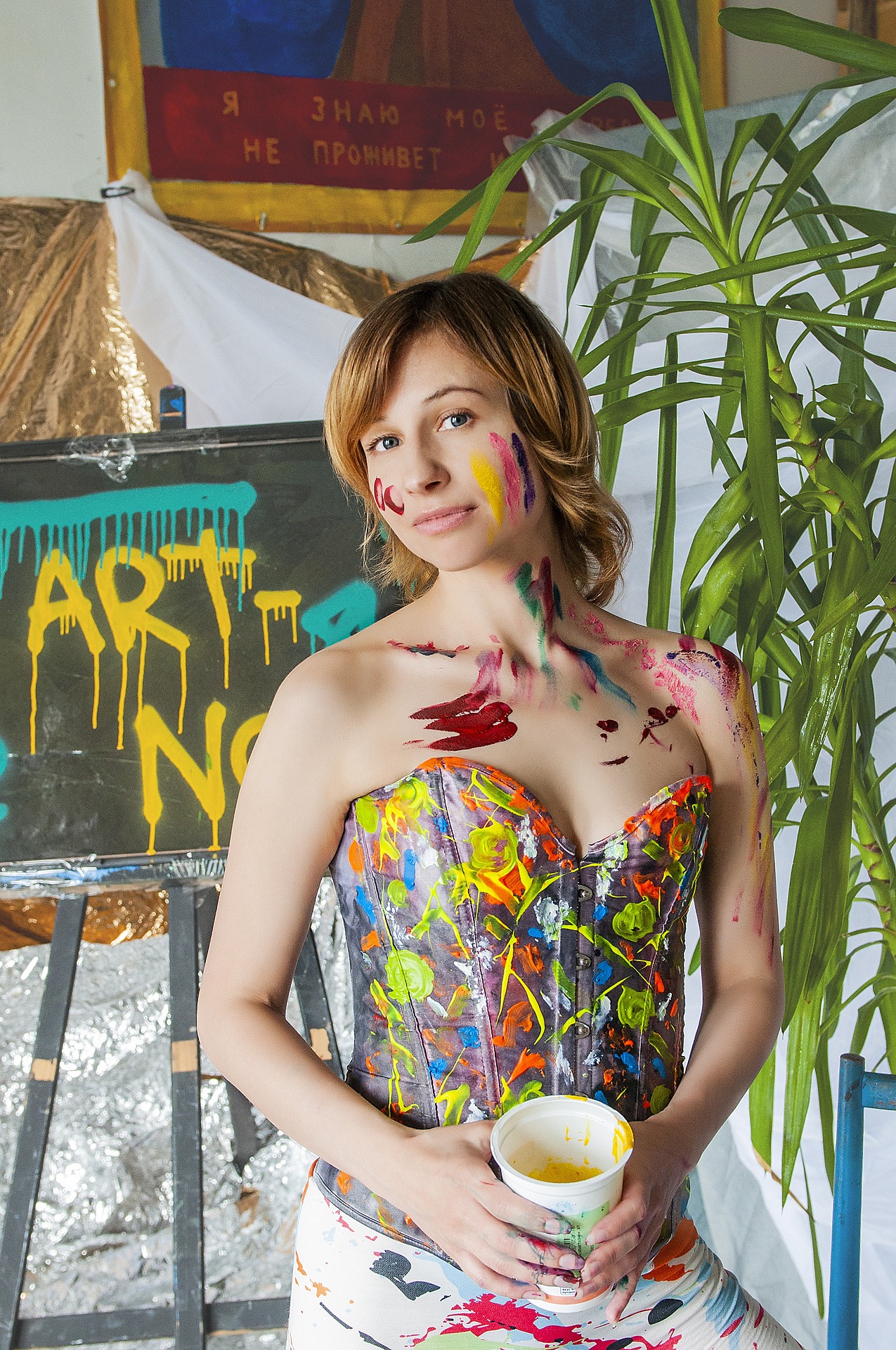The creative person is a fascinating phenomenon. These individuals are able to come up with new and innovative ideas, often pushing the boundaries of what is possible. But what makes a person creative? In this article, we will explore five factors that contribute to the phenomenon of the creative person.
Openness to experience
The first factor that contributes to creativity is openness to experience. Creative individuals tend to be curious and open-minded, constantly seeking out new experiences and perspectives. They are not afraid to take risks and try new things, and they are able to approach problems and challenges with an open mind.
Ability to think divergently
Another factor that contributes to creativity is the ability to think divergently. Divergent thinking is the ability to generate multiple ideas or solutions to a problem. Creative individuals are able to come up with many different ideas and possibilities, often approaching problems from a unique perspective.
Flexibility and adaptability
Creative individuals are also often very flexible and adaptable. They are able to adjust to changing circumstances and come up with creative solutions to unexpected challenges. They are not afraid to take risks and try new approaches, and are able to adjust their thinking and approach when necessary.
Passion and motivation
Passion and motivation are also important factors in the creative process. Creative individuals are often driven by a deep passion for their work, and are highly motivated to achieve their goals. They are willing to put in the time and effort necessary to achieve success, and are not easily discouraged by setbacks or failures.
Ability to collaborate and communicate effectively
The ability to collaborate and communicate effectively is also a key factor in creativity. Creative individuals are often able to work well with others, and are skilled at communicating their ideas and concepts to others. They are able to listen to feedback and incorporate it into their work, and are able to work collaboratively to achieve shared goals.
While creative people are often admired for their unique talents and abilities, they can also be frustrating to others in certain situations.
Creative people are often highly imaginative and innovative, but they can also be disorganized. They may struggle with time management, have a messy workspace, or have trouble staying focused on tasks. This can be frustrating for others who work with them, as it can slow down the overall progress of projects.
Creative people are often known for their unpredictability. They may change their minds frequently, take unexpected risks, or pursue unconventional ideas. While this can be exciting and refreshing, it can also be frustrating for those who work with them, as it can be difficult to predict their behavior and anticipate their needs.
Creative people are often very sensitive to criticism, especially when it comes to their work. They may take negative feedback personally and become defensive or upset. This can be frustrating for others who are trying to provide constructive criticism or feedback, as it can make it difficult to communicate effectively.
Creative people often thrive in unstructured environments, where they have the freedom to explore their ideas and pursue their passions. However, this lack of structure can be frustrating for others who need more guidance or direction. It can be difficult to work with someone who is not following a clear plan or schedule.
Creative people are often very passionate about their ideas and may be unwilling to compromise on their vision. This can be frustrating for others who are trying to work with them, as it can be difficult to find a middle ground or reach a consensus. It may also lead to conflicts or disagreements that are difficult to resolve.
Creative people may be so focused on their own ideas and projects that they neglect the needs and interests of others. They may be perceived as self-centered or narcissistic, which can be frustrating for those who work with them. It can also lead to conflicts or tension in professional or personal relationships.
Creative people often have many ideas and projects in the works at any given time, which can make it difficult for them to follow through on their commitments. They may start projects but not finish them, or lose interest before they are completed. This can be frustrating for others who are relying on them to complete tasks or projects.
Creative people are often celebrated for their unique and innovative ideas, and their ability to approach problems and challenges from a fresh perspective. What sets them apart from others is their originality, which is an essential part of their creative process.
Originality is the ability to come up with new and novel ideas that have not been seen or heard before. Creative individuals are often able to think outside of the box, and come up with solutions that are unexpected and unconventional. They are not afraid to take risks or try new approaches, which allows them to generate fresh and original ideas.
The originality of creative people is what sets them apart from others. They are able to come up with new and innovative ideas that are often unexpected and unconventional. They are not afraid to take risks, combine different ideas, and put in the hard work necessary to achieve their goals. By valuing originality and cultivating it in ourselves and others, we can continue to push the boundaries of what is possible and create truly groundbreaking work.
In conclusion, the phenomenon of the creative person is complex and multifaceted. While there is no single factor that determines creativity, there are several key factors that contribute to the creative process. These include openness to experience, the ability to think divergently, flexibility and adaptability, passion and motivation, and the ability to collaborate and communicate effectively. By understanding these factors, we can begin to better understand the creative process and work to cultivate our own creativity.

